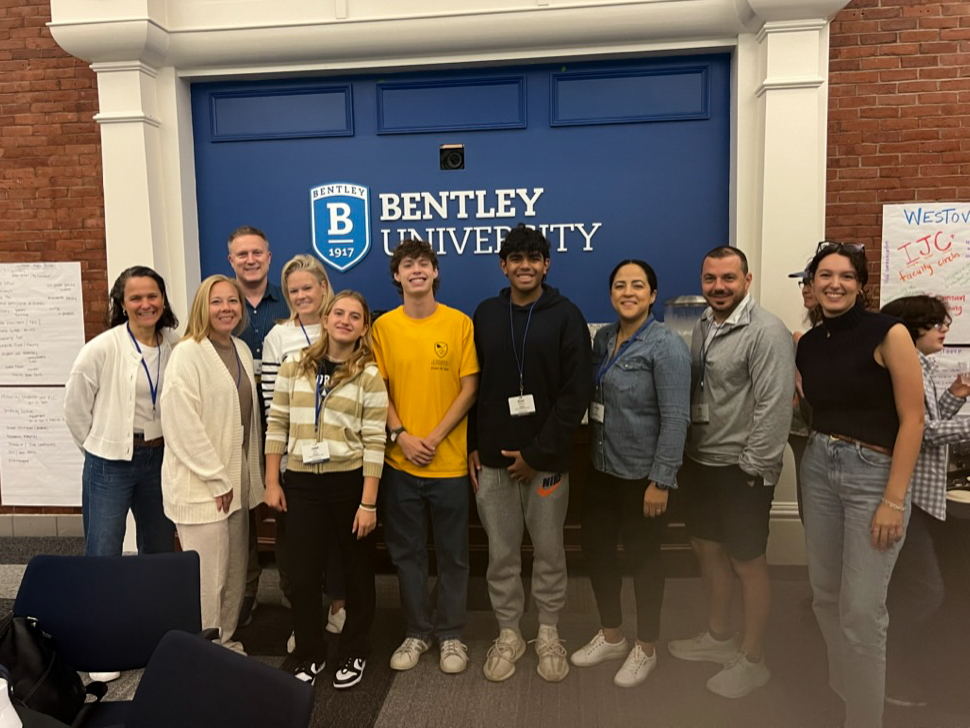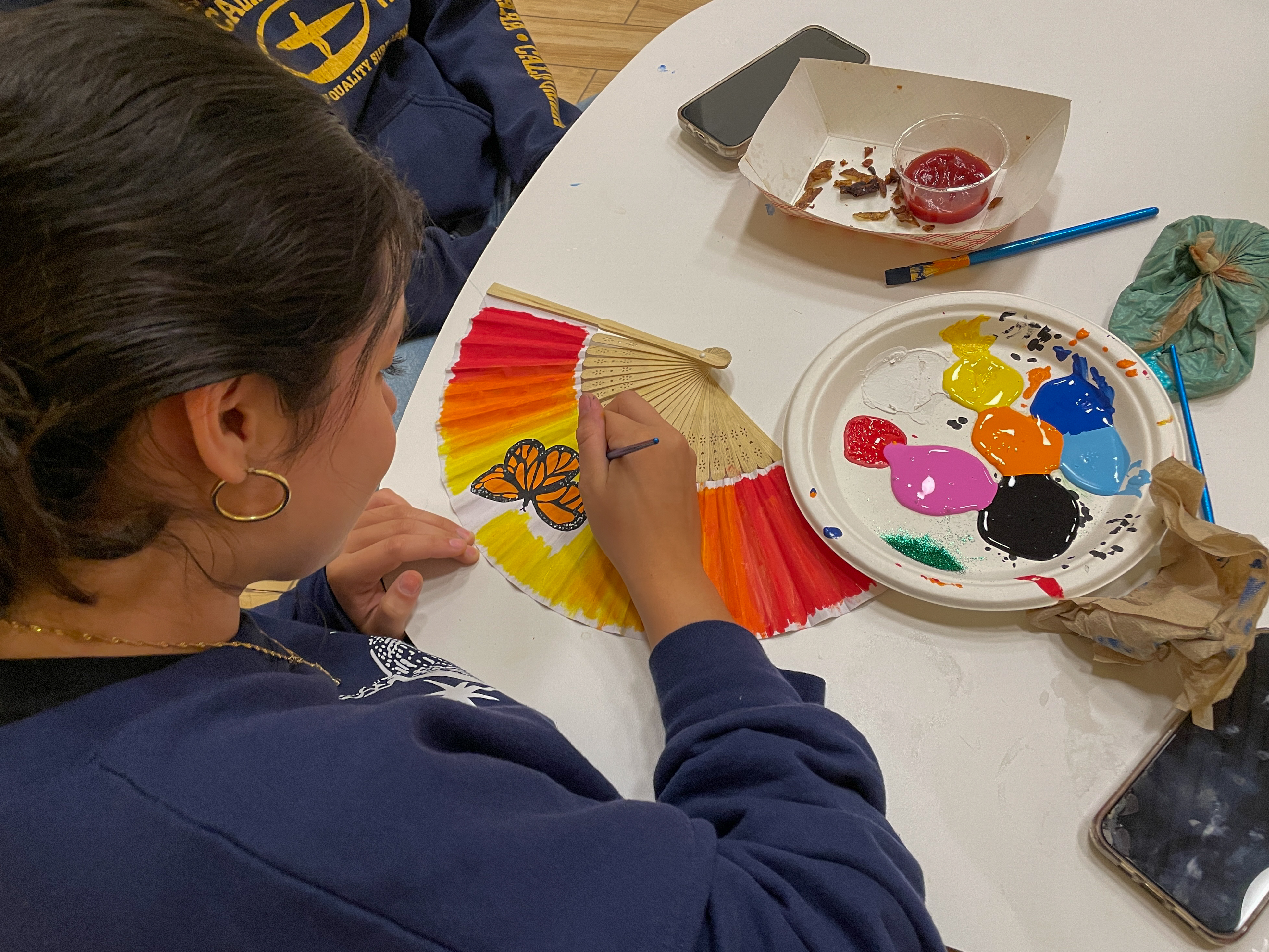Until last year, lab blocks were an integral part of many Choate students’ schedules — students in any lab science class had one extra designated period per week for labs besides the regular four class meetings. Because of this system, Choate’s science program flourished. Through various conducting experiments and various forms of research, both independently and in groups or pairs, students were able to get a more hands-on and intensive learning experience through the weekly labs they enjoyed throughout the year.
Like students, science teachers also had to dedicate an extra free period per week for the labs. Besides teaching during the extra lab block itself, science teachers had to spend additional time each week planning the lesson or activity to take place during that block. For this reason, in order to provide this unique kind of classroom experience and focus on giving students the best quality science education possible, science teachers, instead of teaching 16 class periods a week, taught 15, and used that one extra free period as time to prepare for these lab experiences. Ms. Katie Levesque, the Dean of Faculty, commented, “This system has been in place for several years now.”
With the new schedule, however, there are no extra lab periods that science teachers need to prepare for — science teachers now teach in the same format as faculty in other departments. Yet, all science teachers are still only teaching three courses each rather than four, the standard teaching workload for all other subjects.
Mr. Kevin Rogers, the Director of Studies, explained, “With the transition in the new schedule, the school was committed to not firing anyone. While there are the same number of teachers, there aren’t that many more sections of science to teach.” As a result, when these science sections are divided amongst the faculty in the department for the term, each teacher ultimately is in charge of fewer classes.
Because the new schedule has caused science classes to lose the extra lab block, science teachers must also figure out ways to adjust the curriculum of each class to cover less material. Mr. Rogers said, “The science department is the only department going down in time, so it has a different burden on top of the other burdens that other departments are facing. This system could be helpful in making that transition.”
While there are good reasons to temporarily have members of the science department teach fewer classes for better adjustment to the new schedule, this system is most likely to change. Ms. Levesque said, “Given the change in schedule, and the fact that science teachers now teach in the same format as teachers in other disciplines, we will shift toward having science teachers teach the same standard load as other teachers, with appropriate support for lab prep.”
On how the new schedule has affected this system, Mr. Rogers commented, “We can provide an exceptional curriculum for students under both schedules. While it is true that it is obviously a challenge to teach four classes versus three, this free period for science teachers has given them more flexibility in scheduling. That idea of authentic activity in class has spread. So I do appreciate the idea that science teachers should be treated the same as everybody else. On the flip side, the science department has lost time, and this is a way to make up for that loss.”





